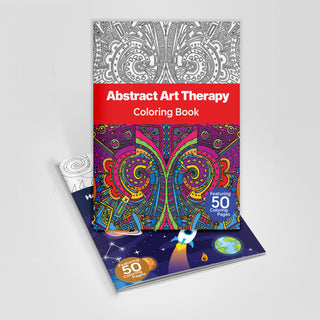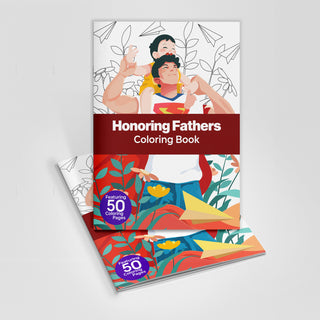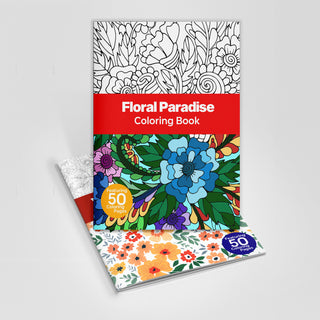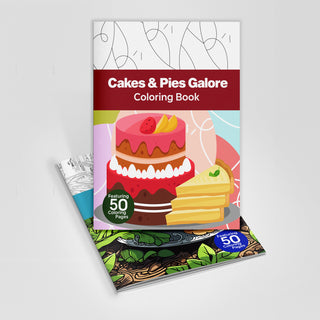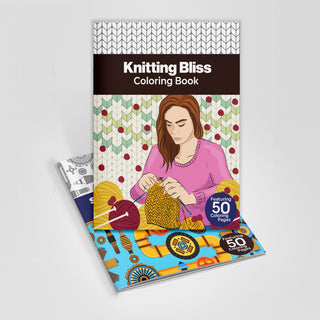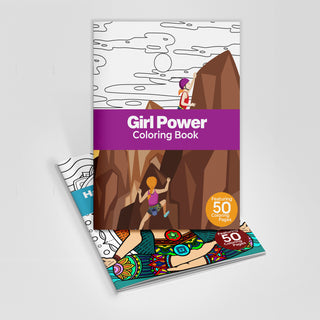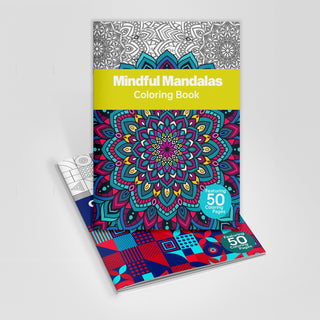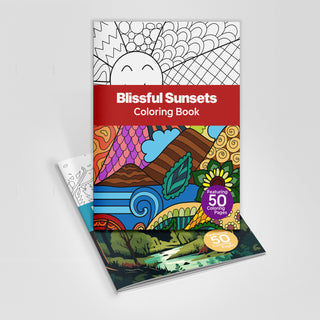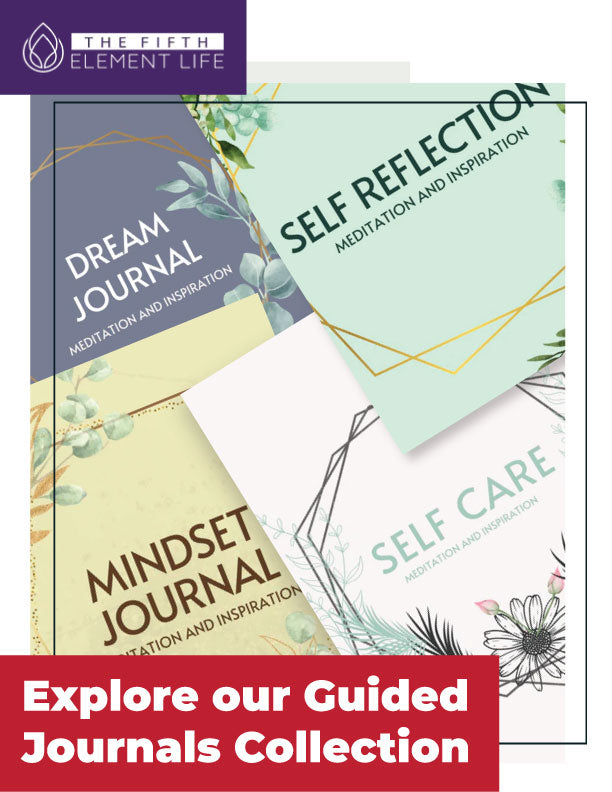Trauma can leave deep emotional scars, impacting our lives in profound ways. Yet, within the shadows of pain and adversity lies the potential for healing and transformation.
Healing trauma can certainly take time until you can feel happy and joyful again.
I just want you to know that there are many ways you can reinvent yourself and find peace.
That’s why we’ve created a soul-nurturing journey of trauma journaling prompts, where the power of words becomes a catalyst for healing and reclaiming your inner strength.
In this article, we will explore the therapeutic benefits of trauma journaling and provide a collection of prompts designed to guide you through the process of healing and restoration.
Together, we will embark on a courageous exploration of your unique narrative, using the gentle art of journaling to navigate the complexities of trauma, uncover your resilience, and pave the way toward profound self-discovery and healing.
Join us as we embrace the transformative journey of trauma journaling, empowering your soul to rise above the pain and reclaim a future filled with hope, strength, and wholeness.
RELATED: 145 Inspiring Vision Board Quotes To Manifest Your Dreams
But before taking you into this journey, let’s have a better understanding of trauma.
What is trauma?
Trauma is a negative event that leaves a mark on you. This can be any emotional or physical situation that may lead to a Post Traumatic Stress Disorder (PTSD).
For example, trauma can result from various experiences such as violence, abuse, accidents, witnessing traumatic events, loss, natural disasters, or abusive relationships.
Common trauma reactions can include flashbacks, intrusive memories, nightmares, unsolved triggers, changes in mood behavior, difficulty establishing a stable relationship with others, or even low self-esteem.
If you are experiencing any reactions from above, you might be experiencing trauma.
Journaling can help you heal and also be a therapy for you. That’s why we have created a 120+ list of journaling prompts to heal your soul.
Take a look
28 Journaling Prompts For Healing Trauma
We all have been through traumatic experiences; you are not alone.
Some of us have been dealing with more difficult traumas than others, but that doesn't mean they are invalid.
During our lives, we experience a lot of situations that have left a mark on us.
I don't know what kind of trauma you’ve been through, but all I can say is that there’s still time to heal and move on from it.
As humans, when we go through difficult situations that traumatize us, it is hard to acknowledge them and accept that we went through that situation. But the first step for healing is to identify the trauma and address the pain.
Healing trauma is a process that requires your emotional and physical support. During this stage, try to maintain a wellness self-care routine such as journaling.
Journaling can help you view your past traumatic experiences as part of the process and as an opportunity to learn and grow.
It is a safe place for emotional support where you can identify triggers while also progressing.
That’s why I created a list of 28 journaling prompts for healing trauma. Take a look:
1. "What have you done today to help you move closer to your goals?"
2. "What is a personality trait you have that others have criticized?"
3. "What is your biggest fear?"
4. "Do you have the same core values as your parents?"
5. "Name the things that make you feel the most relaxed."
6. "Do you think you’ve failed yourself? If so, how?"
7. "Write about someone you looked up to that let you down."
8. "What do you think your younger self would be proud of you for?"
9. "What triggers envy for you? Why do you feel jealous?"
10. "Are you holding onto any secrets? Would letting them go release you from negative emotions?"
RELATED: 113 Marvelous Law Of Attraction Quotes To Manifest Your Desires
11. "Who appears to have life figured out? In what way do they seem to have it together?"
12. "Are you an overthinker? Write down the first 10 thoughts that pop into your head."
13. "Is there anything you long for?"

14. "Do you believe there is a happy and fulfilled life in your future?"
15. "Is there a past version of yourself that you’re embarrassed of? Why do you think that is?"
16. "Do you feel content with where you are right now?"
17. "What is the biggest risk you ever took, and did it pay off?"
18. "Do you have a gut feeling about what you should do with your life?"
19. "Do you self-sabotage? If so, how?"
20. "What values are the most important to you?"
21. "What is holding you back from your desires?"
22. "What is one personality trait you admire in others?"
23. "What are key moments in your past that caused you lasting trauma?"
24. "Who or what inspires you?"
25. "What do you wish you had discovered earlier in life?"
26. "When are you the most critical of yourself?"
27. "What do you do for self-care?"

28. "Who do you have an influence on?"
30 Inner Child Healing Journaling Prompts
Everyone has an inner child.
This inner child can be the representation of yourself when you were younger or the representation of youth.
As grownups, we forget about the inner child that still lives inside us. The first time I went to therapy, my therapist told me to never forget about the little girl that still lives inside me.
Also, we did an exercise of picturing myself with 6 years old. A girl with no worries or pain at all. The therapist told me that every time I was being hard on myself, I also hurt that little girl.
It made me realize that I would never make her feel bad. Instead, I would give her all the love, patience, and compassion she needs.
Acknowledging that not everyone associates childhood with joy and fun is important. Especially if you experienced trauma during this time.
When you go through trauma during childhood, your inner child is hurt; it has emotional pain and might feel vulnerable. Maybe that's why the pain remains in your adult life.
Healing your inner child is a process that takes time and patience. It requires exploring those deep feelings and trying to make a relationship with them.
One effective way of connecting with your inner child is through journaling. In order to let go of these hurts, you can use the following prompts and begin the healing process.
29. "Think about your favourite childhood movie or TV show. How did it make you feel? What made you love it so much? Do you revisit it now? Why or why not? How does it make you feel now?"
30. "What’s one thing you wish you could change about your childhood?"
31. "What are two affirmations you wish you could have told yourself as a child? How would repeating them now make you feel?"
32. "Where was your ‘safe space’ as a child? Did you have one? How does remembering it make you feel? How does your ‘safe space’ as a child translate into adulthood?"
33. "Write about an event from your past (that’s not traumatic) and consider how you reacted. How did you move past this as a child? Why do you think you can remember this so vividly? How has it shaped you as an adult?"
34. "What did self-care mean to you as a child? What were your favourite ways to practise it – albeit unknowingly – when you were young? How can you incorporate this self-care into your adult routine?"
35. "List three activities you enjoyed as a child that you can incorporate into your adult life. How do you plan to do this? Do you need to adapt these hobbies to make them more appropriate? Schedule one into your journal."
36. "Describe what your childhood was like in one sentence. Was it generally happy? Anxious? Stressful? Sad? Do you remember?"
37. "Other than parents, who were you close to as a child? Write about them. Are you still close? What happened?"
38. "If you were sitting in front of your child-self right now, what would you say to them? How would you treat them? What do they look like? How to you view them? Does this affect how you look at yourself now as an adult?"
39. "What was your relationship with your parents like as a child? What’s it like now? How has it changed? How do you feel about this?"
40. "What did you want to do or be when you were older? Have you fulfilled that? Did your dream change?"
41. "List five activities that you loved taking part in as a child."

42. "Who did you look up to as a child? Did you have an idol? What made you look up to them? What characteristics of theirs do you wish you possessed as a child? As an adult, do you possess them now?"
43. "What characteristics or traits did you have as a child that you still have? Which characteristics did you have but ‘grew out’ of? Why was this? Do you remember? Were you ever told to hide certain parts of you that others deemed ‘childish’? How does this make you feel now?"
44. "Write about three things from your childhood that you’re grateful for."
45. "What was something you were scared of as a child? Are you still afraid now? What is something that you’re afraid of now? Could they be linked?"
46. "Do you struggle to get in touch with traits often associated with Jung’s child archetype? If so, which traits? How does attempting to get in touch with these make you feel?"
47. "Write about a person who hurt you growing up. What did they do? How did you react and heal at the time, if at all? How do you feel about it now?"
48. "What situations trigger what you consider to be a childlike response in you? When upset or under pressure, how old do you feel? Did something happen at this age to cause this reaction in later years?"
49. "What does ‘forgiveness’ mean to you?"
50. "How can you structure and plan your days better? Is this something you struggle with? Have you always struggled?"
51. "How did you deal with with emotions when you were younger? How did your caregivers encourage you to express yourself when upset, angry or excited? Were you taught to suppress these emotions?"
52. "List a few of your favourite things – EG favourite colour, book, season, food – as a child. How have these changed?"
53. "Write about a time that someone let you down as a child. Have you forgiven them now? Or do you carry that hurt with you?"
54. "Do you find yourself identifying with certain traits possessed by the old man archetype – the child’s shadow? If so, which traits? Or does getting in touch with this side of you not come naturally?"
55. "What are you feeling hopeful for right at this moment in time?"

56. "What’s one way you can make yourself feel warm, safe and nurtured today? How can you make time for yourself?"
57. "What do the terms “immature”, “childish”, and “childlike” mean to you? What connotations do they hold?"
58. "How can you nurture your creativity now as an adult?"
30 Traumatic Shadow Work Prompts
Traumatic shadow work means working with your shadow self, your unconscious mind that hides painful memories, creates negative thoughts, forbidden impulses, and has unwanted personality traits.
This practice allows you to explore your "dark side" to deepen self-awareness and personal growth.
A lot of experts have said that this therapy can provide important answers to heal and move on from traumatic experiences.
Having a holistic view of yourself will make you feel whole and integrated as a person. This therapy is a healthy way to meet your needs.
Traumatic shadow work prompts can help you gain more knowledge and build self-awareness.
Use the prompts below to eliminate destructive behaviors and create the best version of yourself:
59. "What shade best describes your shadow? Why? Does this color match the one that best represents your pain?"
60. "Do you blame yourself for the traumatic experience that occurred? What is it that makes you blame yourself?"
61. "What are you doing when these painful emotions bother you? How do you get rid of them?"
62. "Do you lie to yourself? What about? What are you attempting to avoid?"
63. "Why do these things trigger you? Take a moment to think deeper about this."
64. "How does your trauma affect your adult relationships? What are you doing to help things get better?"
65. "Can you link these negative feelings to the past traumatic experience?"
66. "What triggers your anger, sadness, or fear? Where do these triggers come from?"
67. "What color would you use to portray your pain? Why?"

68. "Which painful memories and emotions do you tend to avoid? Who or what caused them?"
69. "What was the saddest moment of your life? How do you feel when you think about it now?"
70. "Where do you feel the effects of negative emotions in your body? Draw them or write about them (which appeals to you)."
71. "What would you change if you could relive trauma?"
72. "How do you deal with being hurt, insecure, or sad? Do you become enraged, or do you shut down? How does this affect your relationships?"
73. "What does it mean to forgive the people who hurt you? What would it take for you to forgive them?"
74. "What is it that you need to forgive yourself for? What prevents you from doing so?"
75. "Do you hesitate to ask for help? Why?"
76. "Do you always assume that the worse will happen to you? Do you think that this negative belief is connected to your trauma?"
77."Do you hold grudges against someone? Who do you find it hard to forgive? Write about this person."
78. "Which parts of yourself have you had to hide in adulthood? Why did you (or do you continue) to hide them?"
79. "Do you have frightening dreams in which you relive a traumatic event repeatedly? How do they make you feel? Think about this for a while."
80. "Do you have a habit of numbing your pain with alcohol or drugs? How do you feel about this behavior?"
81. "What emotional flashbacks pop up for you as you work through your list? How does it make you feel? What happens to your body when you remember these things?"
82. "Write a letter to your younger self thanking them for trying to keep you safe. Explain to them why it’s time to let go of that discomfort now."
83. "What was your strong feeling really about? What was at the core?"

84. "In what ways do the messages from childhood still show up in your life today? Ex. If you learned to suppress your anger because you weren’t allowed to speak up in your house, do you still do that?"
85. "Write about a time in your earlier life when you felt much discomfort or danger over expressing yourself. "
86. "When was the last time you lost your temper or behaved in a way that felt off? What led you to that reaction? (Take a moment to gently reflect on that experience without judgment)."
RELATED: 292 Lovely “You Are Beautiful” Quotes To Share With Those You Love
87. "Can you recall an earlier time in your life when you experienced a similar feeling?"
88. "As an adult, do you show your authentic self or still live as if that toxic parent is hovering over you? Is it a mixture of both? Explain."
32 Journaling Prompts For Mental Health
Remember, at all times, that the greatest sufferings help us to grow even more. When we go through them, they hurt. But when we have left them behind, we also heal.
Struggling with mental health is an everyday battle we must handle.
Journaling prompts help you to have an emotional release and heal.
They provide a safe and supportive space to express your feelings and thoughts.
Whenever I'm feeling anxious, stressed, or overwhelmed, I sit down and start journaling.
Writing on paper about this feels like I'm emptying my thoughts, giving me a sense of calm and returning me to the present moment.
Use your journal to write your emotions, feelings, and physical sensations related to this experience.
I've made a list of journaling prompts that will help you reflect on patterns, externalize your triggers, and make them feel more manageable.
89. "What are three important lessons have you learned from previous relationships?"
90. "What are your strengths in friendships or relationships (e.g., kindness, empathy)?"
91. "Why do you think it’s important to be motivated?"
92. "What boundaries could you set in your relationships to safeguard your own wellbeing?"
93. "Define what motivation means to you."

94. "What do you most want for your children (or future children)?"
95. "Write a love letter to yourself."
96. "What are some things that usually motivate you?"
97. "How do you draw strength from loved ones?"
98. "What are some things that you’re struggling to be motivated about?"
99. "What five traits do you value most in potential partners?"
100. "What is anxiety to you?"
RELATED: 110 Wonderful Life Path Quotes To Help You Find Your Way
101. "What do you value most in your relationships, with romantic partners, friends or family?"
102. "Why do you think it’s important to feel anxiety?"
103. "How can you tell if you’re feeling motivated?"
104. "What are the consequences of not being happy?"
105. "What are some things that make you anxious?"

106. "What are the consequences of not being motivated?"
107. "How can you tell if you’re feeling happy?"
108. "What are some things you can do to increase your motivation?"
109. "What are some things you can do to increase your happiness?"
110. "What are some things that make you happy?"
111. "What are some things you’re struggling to be anxious about?"
112. "What are some things that you’re struggling to be happy about?"
113. "What are some things you can do to increase your anxiety?"
114. "What are the consequences of not being anxious?"
115. "Why do you think it’s important to be happy?"
116. "How can you tell if you’re feeling anxious?"
117. "What are the consequences of not having goals?"

118. "How can you tell if you’re achieving your goals?"
119. "What are some things that you’re struggling to achieve?"
120. “What are 3 things you don’t want to experience again?
Frequently asked questions
What are journal prompts for letting go of trauma?
Journal Prompts For Past Trauma
- Write about people and places that make you feel safer.
- Write a letter for your inner child.
- Write about the trauma that you want to let go.
- Write about the positive aspects of the process of healing.
How do you write a journal trauma?
- Write about your traumatic experience, how did it make you feel?
- Write about the lessons you’ve learned about the traumatic experience.
- Describe your feelings and emotions at the moment.
Are trauma journaling prompts a replacement for therapy?
No, trauma journaling prompts are not a substitute for professional therapy. While they can be a valuable tool for self-reflection and emotional processing, they should complement, not replace, the guidance of a trained mental health professional.
Continue Reading 👉: 198 Marvelous Journal Prompts For Healing, Calm, And Happiness


